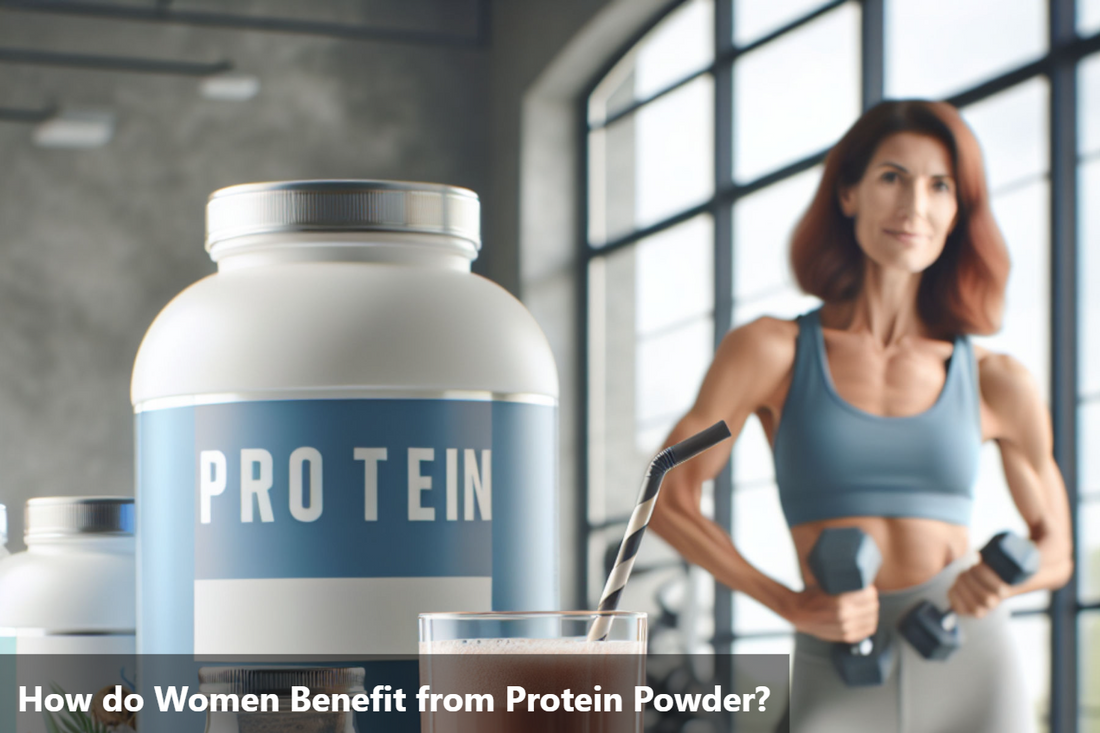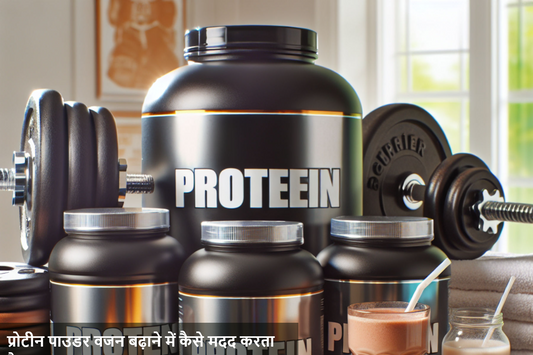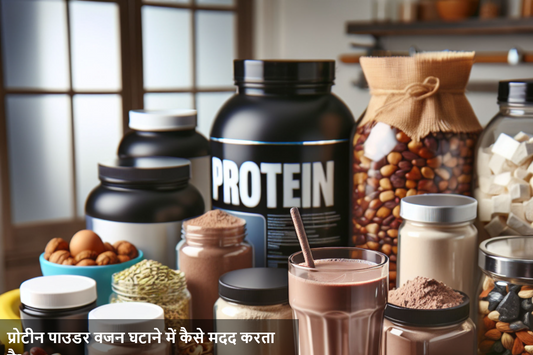Protein is an essential nutrient that plays a crucial role in the overall health and well-being of women. It serves as a building block for muscles, bones, skin, and other tissues in the body. Incorporating an adequate amount of protein in the diet is essential for women to support various bodily functions and maintain optimal health.
Women often face unique challenges that may require additional protein supplementation. Factors such as pregnancy, breastfeeding, regular exercise, and aging can increase the protein requirements for women.
Protein deficiency can lead to a range of issues, including muscle loss, fatigue, weakened immune function, and slow recovery from injuries.
Protein powder offers a convenient and effective way for women to meet their daily protein needs. It can support muscle growth, aid in weight management, and enhance overall health. With different types of protein powders available in the market, women can choose options that align with their preferences and dietary requirements.
Signs Women Need More Protein
General Signs:
Muscle Weakness and Fatigue: Difficulty performing routine physical activities. Increased muscle soreness and longer recovery times after exercise.
Hair, Skin, and Nail Issues: Hair thinning or loss. Brittle nails and dry, flaky skin.
Frequent Illnesses: Weakened immune system leading to frequent colds or infections.
Edema (Swelling): Protein helps maintain fluid balance; low protein can cause swelling, particularly in the lower legs and feet.
Cravings and Increased Appetite: Persistent hunger and cravings for high-protein foods.
Difficulty Losing Weight: Protein helps with satiety and metabolism. A lack of protein can make weight management challenging.
During Pregnancy:
Increased Fatigue: More pronounced tiredness and lack of energy.
Poor Fetal Growth: Inadequate protein can affect the baby’s development, leading to low birth weight or developmental issues.
Anemia: Protein is vital for the production of hemoglobin. Low levels can contribute to anemia.
Muscle Loss: Increased muscle breakdown as the body tries to meet the protein needs of the growing fetus.
In Older Age:
Loss of Muscle Mass (Sarcopenia): Noticeable decrease in muscle strength and mass, making daily activities harder.
Delayed Wound Healing: Slow recovery from injuries or surgeries.
Bone Health Issues: Increased risk of fractures and osteoporosis due to insufficient protein, which is crucial for bone health.
Reduced Mobility and Balance: Difficulty in maintaining balance and overall mobility due to weakened muscles.
Benefits of Protein Powder for Women
1. Muscle Building and Repair: Protein is essential for muscle growth and repair. Women who engage in regular exercise, especially strength training, can benefit from protein powder to help repair muscles and support muscle growth.
2. Weight Management: Protein can help with weight management by promoting a feeling of fullness, which can reduce overall calorie intake. Including protein powder in the diet can help women manage their weight more effectively by curbing hunger and reducing cravings.
3. Improved Metabolism: High protein intake can boost metabolism because the body uses more energy to digest protein compared to fats and carbohydrates. This thermic effect of food can contribute to a higher metabolic rate and more efficient calorie burning.
4. Convenience: Protein powder is a convenient way to increase protein intake without having to prepare and cook high-protein meals. It's particularly useful for women with busy lifestyles who need quick, on-the-go nutrition.
5. Supports Bone Health: Some protein powders, especially those fortified with calcium and vitamin D, can support bone health, which is crucial for women, especially as they age and the risk of osteoporosis increases.
6. Recovery After Exercise: Protein powder can aid in faster recovery after intense workouts by providing the necessary amino acids to repair and rebuild muscle tissues. This can reduce muscle soreness and improve overall performance.
7. Maintaining Lean Muscle Mass: As women age, maintaining lean muscle mass becomes more important for overall health and metabolism. Protein powder can help preserve muscle mass during periods of weight loss or aging.
8. Versatility: Protein powders come in various flavors and can be added to different foods and beverages. Women can use them in smoothies, baked goods, or simply mixed with water or milk, making it easy to include in their diet.
9. Improved Hair, Skin, and Nails: Protein is a fundamental component of hair, skin, and nails. Adequate protein intake can support the health and strength of these tissues, contributing to a more youthful and vibrant appearance.
10. Hormonal Balance: Protein plays a role in the production and regulation of hormones. Adequate protein intake can support balanced hormone levels, which is particularly important for women’s overall health and well-being.
How to Choose the Right Protein Powder for Women
To choose the right protein powder for women, there are a few key factors to consider.
First, determine your fitness goals. If you're looking to build lean muscle, a protein powder with a higher concentration of whey protein may be beneficial.
On the other hand, if weight management is your main focus, a protein powder with added fiber can help you feel fuller for longer.
Consider any dietary restrictions or preferences you may have. For women with lactose intolerance, a plant-based protein powder made from sources like pea, hemp, or rice may be more suitable. These options are also vegan-friendly and easy to digest.
It's essential to read the ingredient list carefully and avoid products with added sugar, artificial flavors, or preservatives. Opt for protein powders that are third-party tested for quality and purity to ensure you're getting a safe and effective product.
When choosing between protein powder types such as whey, casein, soy, or collagen, consider your tolerance and preference. Experimenting with sample packs or single-servings can help you determine which type works best for your body and taste buds.
Ultimately, selecting the right protein powder for women depends on your individual needs and goals. Finding the perfect fit may involve some trial and error, but keeping these tips in mind can guide you towards making a well-informed decision that aligns with your health and wellness journey.
Bottomline
In the fast-paced modern world, women often struggle to meet their daily protein requirements, which are crucial for maintaining overall health and well-being. This blog has shed light on the significance of protein powder as a convenient solution for women to bridge this nutritional gap.
By paying attention to the signs and adjusting protein intake accordingly, women can ensure they meet their nutritional needs for optimal health during pregnancy, aging, and other life stages. We have explored the numerous benefits that protein powder offers to women, such as supporting muscle growth, aiding in weight management, and promoting overall health. These benefits not only enhance physical performance but also contribute to a balanced and healthy lifestyle.
This Blog post is an initiative by DiabeSmart, to provide accurate and Nutritionist / Doctor approved information related to Diabetes. DiabeSmart is India's first Food brand designed specifically for Diabetics, that has been clinically tested on Diabetics and Pre-Diabetics to deliver 55% - 70% lower Sugar spikes. DiabeSmart is part of Lo! Foods - India's leading brand for Everyday Functional Health foods.











